By Dmitriy Churin, Young Reporter for the Environment, Montenegro
When I read international news articles on environmental issues, I often notice how the debate surrounding climate change fails to reflect the complexity of its actual and predicted damage. Some of the most talked about pieces of research either discuss the broad global implications of climate change or focus on the selected set of attention-grabbing countries. As a result, dozens of less extreme, “less spectacular” stories never receive the proper attention. In an attempt to combat this trend, I endeavor to highlight the effects of climate change on Montenegro — a small country in the Western Balkans that I call my home.
Port of Budva during storm, courtesy of Miroslav Churin.
According to Montenegro's 3rd national report on climate change (released in 2020), the mean annual temperatures are projected to keep steadily increasing all across the country over the course of the 21st century, whereas the mean annual rainfall is expected to decrease by 20% by 2070 (Landau 24). Considering that Montenegro is often noted for its vulnerability to droughts, wildfires, and heatwaves, the warmer and drier weather is likely to lead to more frequent and more severe extreme weather events (Landau 24). In fact, the frequency of droughts has already increased compared to the 1990s, while the wildfires of the 2010s were some of the most destructive on record (Landau 24).
But what do such climate-related incidents lead to? The drought of 2011 vividly exemplifies the wide range of negative short-term and long-term impacts that extreme weather can have. The drought led to abnormally low streamflow in rivers and low water levels in lakes in the Zeta-Bjelopavlići region which, due to Montenegro’s reliance on domestically produced hydroelectric power, resulted in the unpredicted rise in energy prices and the prospects of energy insecurity (Landau 24; Novaković). Furthermore, the decreased volume of water in rivers and lakes, including Lake Skadar, threatened populations of fish and insects that depend on habitats offered by aquatic environments (Novaković). In addition, ecosystems were at risk from anthropogenic pollution due to the smaller amount of water to dilute harmful substances (Novaković).
As the drought of 2011 illustrated, the climate-induced increase in frequency and intensity of extreme weather events is destructive to both local ecosystems and human communities. However, smaller countries like Montenegro are at even greater risk since they have fewer resources to accurately predict the consequences of climate change and adequately adapt to these new challenges (Landau 24-25).
Works Cited
Landau, Seth, et al. MONTENEGRO THIRD NATIONAL COMMUNICATION ON CLIMATE CHANGE. Ministry of Sustainable Development and Tourism, United Nations Development Programme in Montenegro, 2020.
Novaković, Milica. “Osim Poskupljenja Struje, Suša Dovodi i Do Problema u Prirodi.” Vijesti.me, Vijesti, 20 Nov. 2011, https://www.vijesti.me/vijesti/drustvo/339579/osim-poskupljenja-struje-susa-dovodi-i-do-problema-u-prirodi.
About Dmitriy
Dmitriy Churin is an aspiring filmmaker and activist. His film portfolio includes both documentary and narrative short films. In 2020, his short documentary film about municipal waste problems in Montenegro won the national competition of Young Reporters for the Environment and was among the finalists of the international competition. In 2021, Dmitriy became a Young European Ambassador (YEA) in Montenegro — a member of the non-political network of activists supported by the European Union to promote intercultural understanding and cooperation between the countries of the Western Balkans. Dmitriy's work as a YEA focuses on how film and art can make our societies more open, democratic, diverse, and ecologically sustainable. In 2022, Dmitriy was selected as one of GAIA Fellow.
Young Reporters for the Environment (YRE) is a programme developed by the Foundation for Environmental Education. In Montenegro, the YRE programme is coordinated by our member, ECOM.

